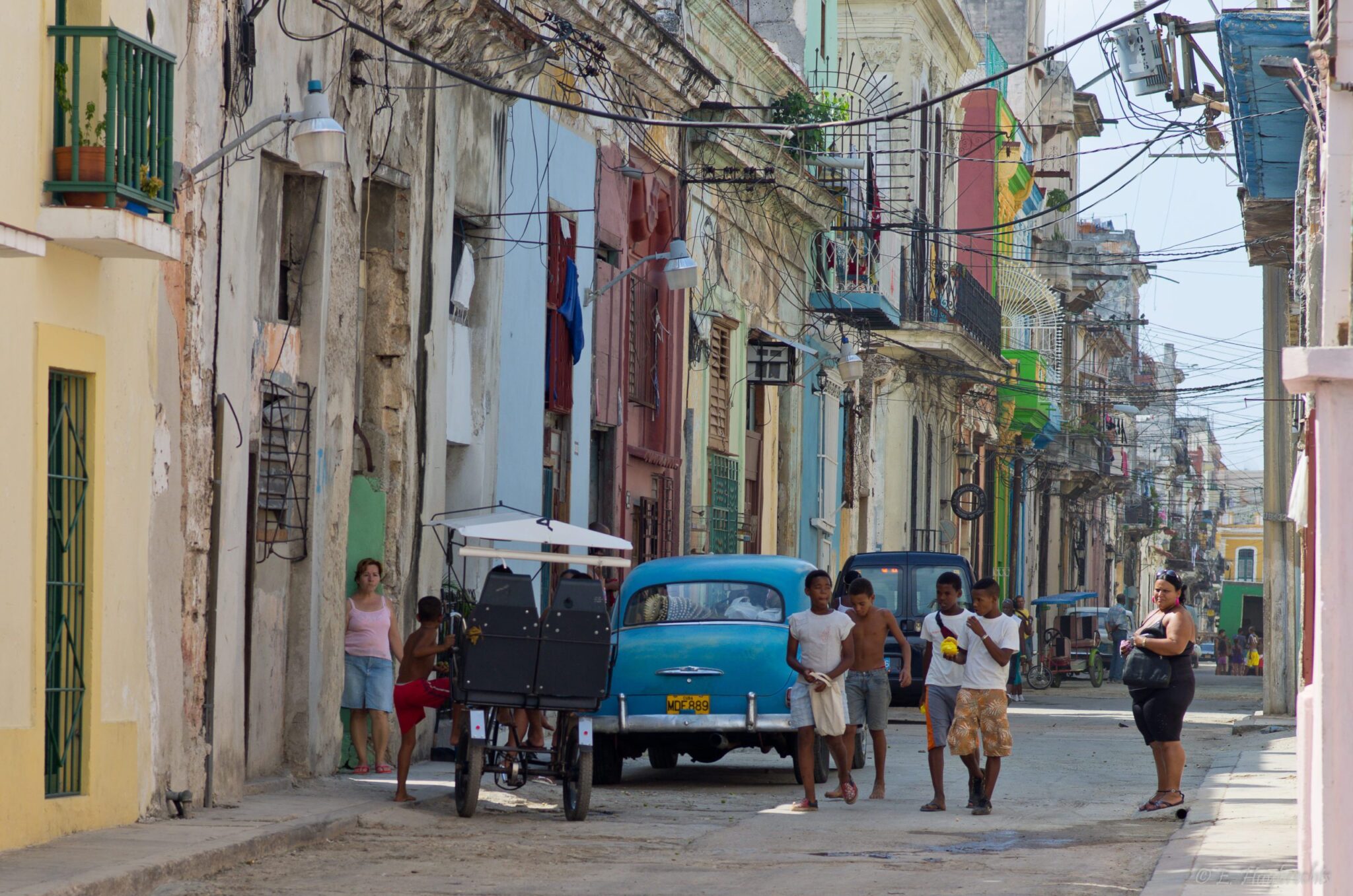Note: All submitted events must be approved before they appear in the calendar.


Profs and Pints presents: “The Cuba Question,” with Fulton Armstrong, research fellow at American University’s center for Latin American studies and former National Intelligence Officer for Latin America and advisor to the Senate Foreign Relations Committee.
[Under current District of Columbia regulations attendees will be required to wear a mask except while eating or drinking. The Bier Baron will be requiring proof of Covid-19 vaccination or a negative Covid-19 test from the previous 72 hours for entry. It also will be requiring ticketed event attendees to purchase a minimum of two items, which can be food or beverages, including soft drinks.]
Protests in a number of Cuban cities in mid-July, combined with a barrage of news stories about the country’s many economic challenges, have led to a crescendo of predictions that the Cuban Revolution is on its last legs. Among its problems: The COVID pandemic paralyzed the tourism industry. Instability in Venezuela disrupted oil deliveries. Cuba’s government – despite years of promising economic reform – failed to provide many basic services and supplies, and the Cuban economy is at its weakest since the “special period” of severe austerity that came after the collapse of the Soviet Union 30 years ago.
Is now a moment of opportunity for the United States, which has been trying to overthrow the Cuban government for six decades? Is a pro-U.S. government that meets our democratic criteria about to emerge? Is now the time that Washington can finally deliver the coup de grace?
Hear such questions tackled by Fulton Armstrong, who spent 30 years following Latin American affairs in various government positions and continues to stay on top of the situation in Cuba as a scholar at American University. He has witnessed both disastrous and successful U.S. policies toward the island and will share the lessons he’s learned working the issue as an intelligence analyst, diplomat in Havana, policymaker on the National Security Council staff, Senate Foreign Relations Committee staffer, and academic.
He’ll discuss how President Biden’s approach to Cuba has changed dramatically since the Obama administration and even as recently as his campaign in 2020. As Vice President under President Barack Obama, he embraced the normalization of relations with Cuba, and during his 2020 campaign he condemned President Trump’s efforts to reverse such an approach. Now, however, he is defying expectations that he’d pick up where he and Obama left off in 2016. He calls Cuba a “failed state” and, abandoning the policy toward Cuba that he and Barack Obama forged in 2014, has decided to continue most of President Trump’s “maximum pressure” approach.
In the past, the U.S. government has pumped hundreds of millions of dollars into creating, training, mobilizing, and directing dissident movements to challenge the Cuban government. The result so far has been Cuba’s arrest of dissidents, and no real change. Why are such efforts now front and center? Has the hot summer in Havana convinced our President that the Obama-Biden rejection of six decades of embargo and sanctions as a failure was a mistake, and those tactics will now work? How do our nation’s own domestic politics factor into the equation? (Advance tickets: $12. Doors: $15, or $13 with a student ID. Listed time is for doors. Talk starts 30 minutes later. Please allow yourself time to place any orders and get seated and settled in.)